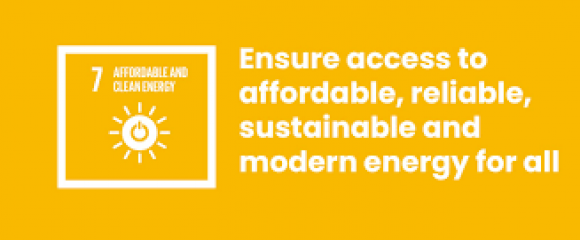UN Finger Lakes Energy Compact
A regional research and energy partnership in support of the United Nations Sustainable Development Goal 7 to "Ensure access to affordable, reliable, sustainable and modern energy for all," and the goals of the Paris Agreement on Climate Change. The Finger Lakes Energy Compact serves as an ambitious action agenda extending to 2030, and commits to advance these goals through foundational, specific and trackable actions.
A platform to unite and connect commitments and actions
Energy Compacts are voluntary commitments from the Member States and all other stakeholders, such as companies, regional and local governments, NGOs and others, with the specific actions they will take to advance progress on SDG7 and net-zero emissions, designed to be fully in line with SDG Acceleration Actions and Nationally Determined Contributions under the Paris Agreement.
UN-Energy supports the development, mobilization and monitoring of Energy Compacts throughout the entire cycle.
To accelerate SDG7 action on a trajectory in line with the United Nations Sustainable Development Goals and the Paris Agreement on climate change, Energy Compacts were mobilized in the lead up to the High-level Dialogue on Energy in September 2021.
About the Finger Lakes Energy Compact
Founded by Cornell University, the City of Ithaca and the Town of Ithaca in 2021, the Finger Lakes Energy Compact was the first campus-city partnership to be recognized by the United Nations.
Through collaboration between members, with support from the United Nations and other Compact entities, the initiative aspires to contribute meaningful solutions and demonstrable change in support of a clean, just, renewable energy future.
The Compact supports and amplifies the goals of the Cornell Climate Action Plan and the City of Ithaca's Green New Deal.
The Finger Lakes Energy Compact aims to:
-
Increase access to affordable carbon-free electricity to all members of our communities, including the City, Town, campus, and greater Finger Lakes and New York State population.
-
Reduce emissions from energy use in buildings and expand access to zero-emissions transportation options.
-
Use Cornell’s Ithaca campus as a living laboratory to advance energy efficiency and renewable energy
-
Develop, implement, and share financial models to increase equitable access
For more information see the UN Energy Compacts homepage


